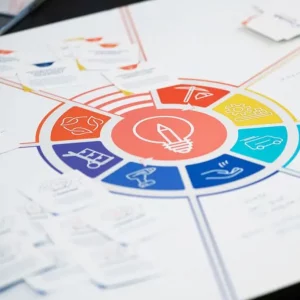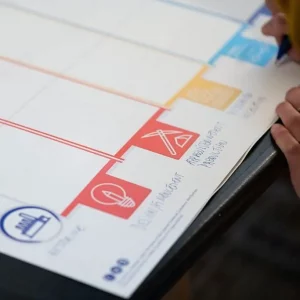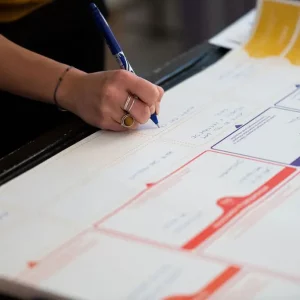Master Circular Design
Include the Circular Economy in your programs
A training to address the challenges of the 21st century
Personalized program
Master circular design
A program facilitated by Justine Laurent, Brieuc Saffré & Fabrice Sorin
Co-founders of Circulab and Circulab Academy Manager
Having explored the benefits of circular economies, you aspire to develop an educational module on the subject. With your students increasingly attuned to social and environmental issues, they seek tools and methods to break away from current linear economic models.
Yet, after extensive research, you haven't found the perfect fit. The tools available in the market don't seem concrete, comprehensive, or easily actionable within organizations.
How can you create a more profitable business model that significantly reduces negative impacts?
Discover the answer in this hands-on training, blending theory and practice. Your students will explore the concept of circular economy, embrace systems thinking, and master practical and easily actionable innovation tools.
About the program
In this training, you will be guided to assist your students in mastering the concepts and methodological tools we use at Labeyrie Fine Foods for developing a plant-based offering and at the Vélodrome stadium in Marseille for waste reduction.
With 45 hours of learning, you'll gain the ability to apply systems thinking, analyze a value chain with circularity, and create circular and resilient business models.
You will be equipped to impart to your students with the capacity to address any socio-economic challenges with circular economy.

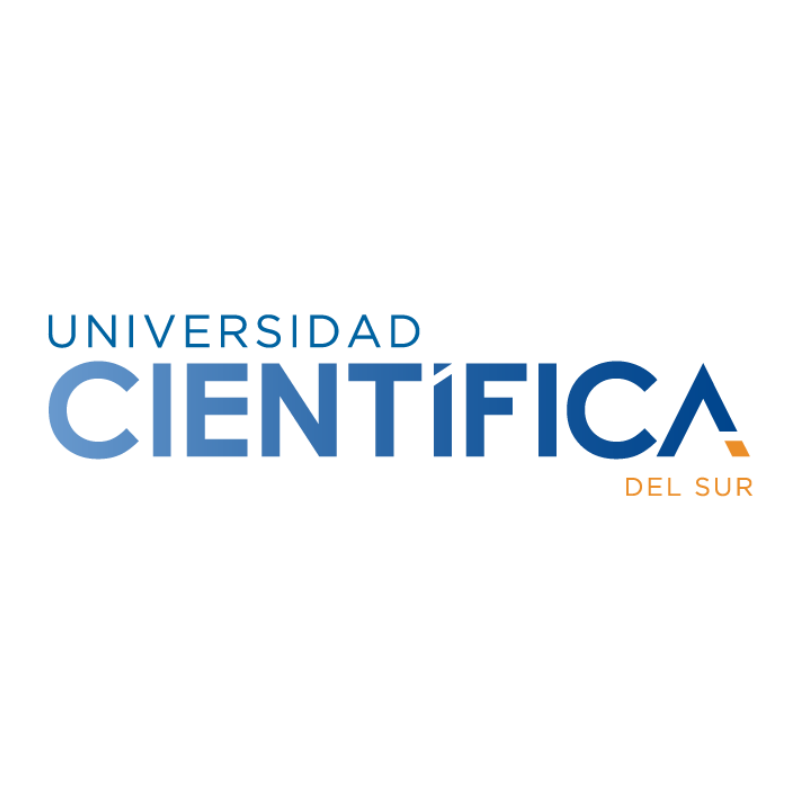

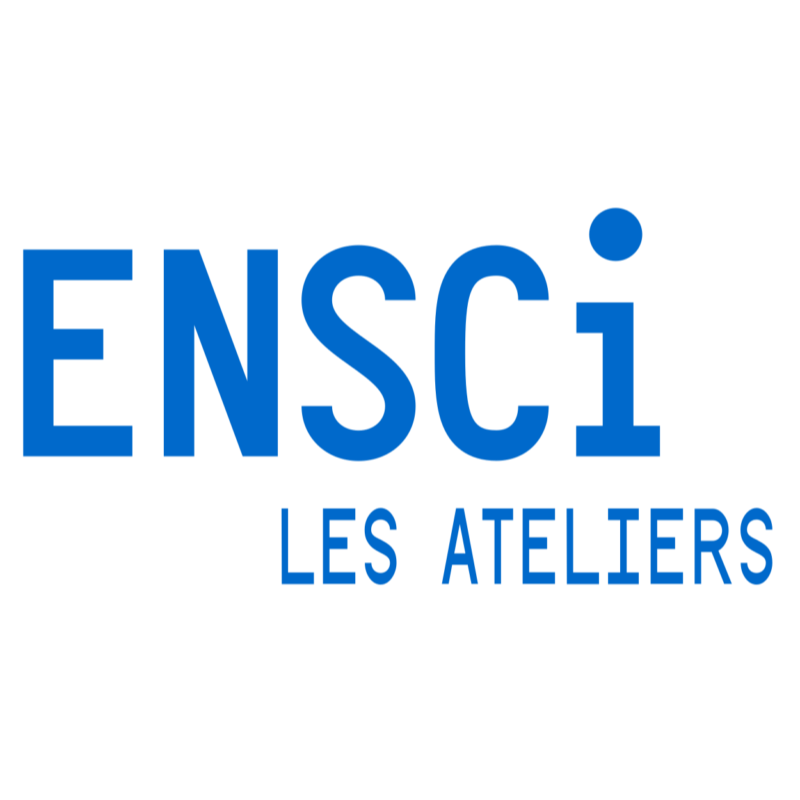




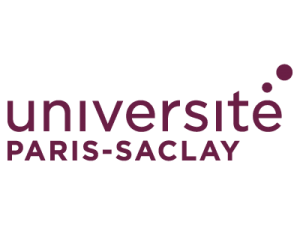





The program
Help your students create the business models of tomorrow
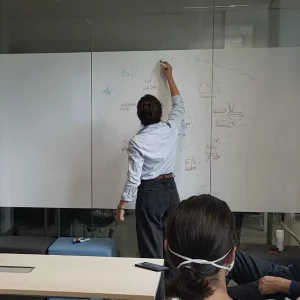
Circulab
Meet the trainers

Brieuc Saffré is a circular economy and innovation expert especially regarding circular and regenerative business models. He co-founded the Circulab agency in 2012, where he works with large corporations and public institutions. He is also a lecturer in the most recognized educational institutions of France and is the author of several books including Activate the circular economy.
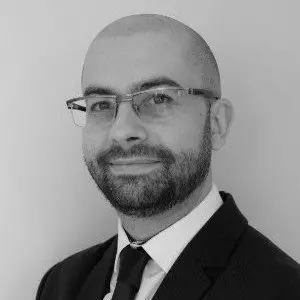
After about fifteen years spent within purchasing, sales, operations, and management departments, Fabrice Sorin decided to undergo training in innovation and circular economy at the University of Bradford.
Now, he assists economic actors in their transition towards new business models. He helps them identify and implement systemic, innovative, and resilient value creation opportunities. His goal is to design business ecosystems that respect planetary limits and regenerate human and natural capital.
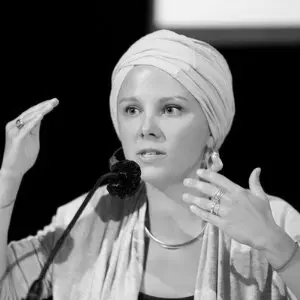
Justine, the Managing Director of Circulab, has been guiding organizations in their business model transformation for about a decade. She works, in particular, alongside the City of Paris on reducing single-use plastic in various sectors such as tourism and food.
As the Pedagogical Manager of the ESSEC Global Circular Economy Chair and a speaker in various higher education institutions, she imparts her knowledge and experience through inspiring courses.

FOR teachers and students
We adapt our program to your needs
This training program is adaptable to your context, project, and challenges. Together, we can create customized learning modules tailored to your needs and the needs of your students.
Master Circular Design - program
This course will enable your students to more easily grasp the principles of the circular economy, while providing them with the opportunity to apply these principles in their future activities.
Apply the Circulab method to a real world challenge or real business case
Learn how to apply systems thinking in your daily work with your stakeholders
Access to Circulab guides to design circular business models with your clients or students
45 hours of training, i.e. a minimum of 4 hours per week over 8 weeks (videos + exercises)
Q&A sessions (45 - 60 minutes) via Zoom
Access to training, resources and a dedicated forum for 1 year
Available online or on-site
From 1500 euros per person
more information about this program
Last update 23/08/2024

